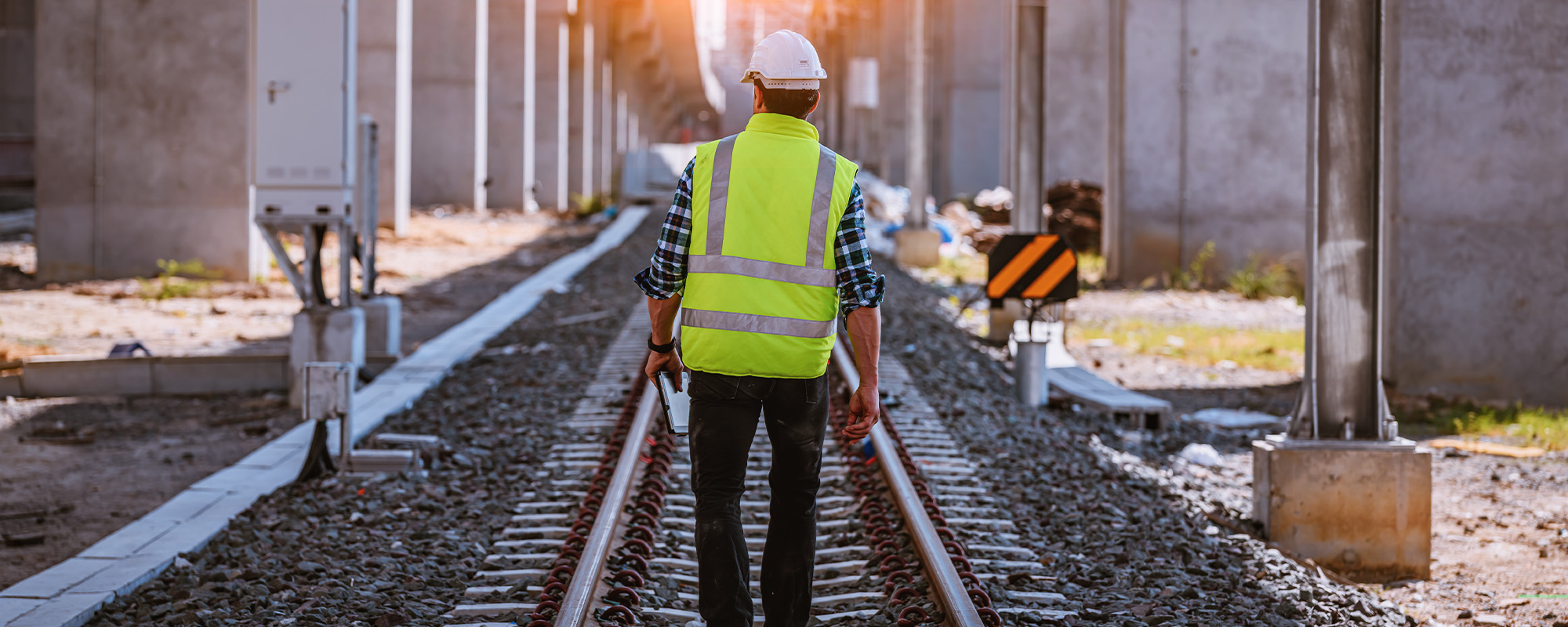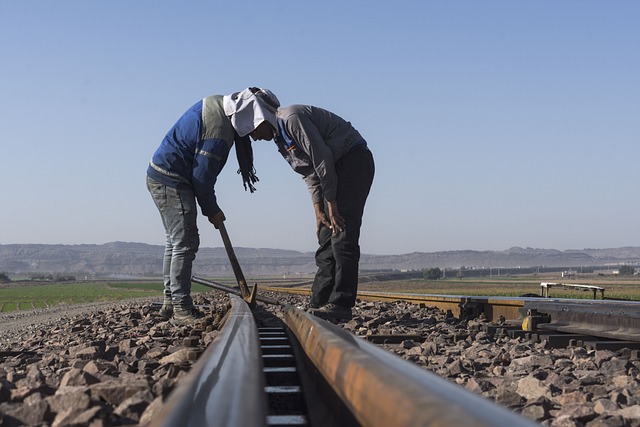

As laid out by FELA, a railroad worker that is hurt by their employer’s negligent actions may seek full and fair compensation from the railroad for their injuries. Railroad companies often fight back against these claims by arguing that they were not negligent; or they argue that the injured worker negligently caused their own injury. For example, in 2015, a jury returned a verdict in favor of a Metro-North laborer who tripped and fractured his right big toe on a walkway cluttered with equipment. The toe later became infected, leading to more permanent injuries. Although the jury awarded the laborer $847,972, they attributed only 10% liability to the defendant and 90% liability to the plaintiff. As a result, the jury’s award of $847,972 was reduced to $84,797.
Railroad workers should be aware that there are federal laws that hold the railroad strictly liable for a worker’s slip, trip, or fall if it is caused, even in part, by a violation of certain safety regulations. This means that the railroad cannot assert the plaintiff’s contributory negligence as a defense and the plaintiff need not prove notice of the hazardous condition or the railroad’s failure to exercise ordinary care.
For example, the Locomotive Inspection Act requires all locomotives and their parts to be in proper condition and safe to operate without unnecessary danger. This includes a requirement that all locomotives in use must be free from slipping and/or tripping hazards such as oil, water, waste, or any other obstruction that creates a hazard. Floors must also be properly treated to provide secure footing. Other federal regulations may be implicated as well, including regulations that require railroads to ensure that vegetation is properly managed and that track beds have adequate drainage.
Although a violation of a safety regulation is not required in order for an injured worker to be entitled to compensation for their injuries under the FELA, eliminating the railroad’s opportunity to blame employees for any contributory negligence is a big advantage for an injured worker. Our attorneys have had considerable success in holding the railroad strictly liable for injuries sustained by railroad workers due to violations of a safety regulation. If you were injured in a slip, trip, or fall on the railroad, an experienced FELA attorney can identify these important issues that could have a tremendous impact on the value of your case. Contact us today for a free consultation.



© 2025
Doran & Murphy, PLLC
All rights reserved | Attorney Advertising